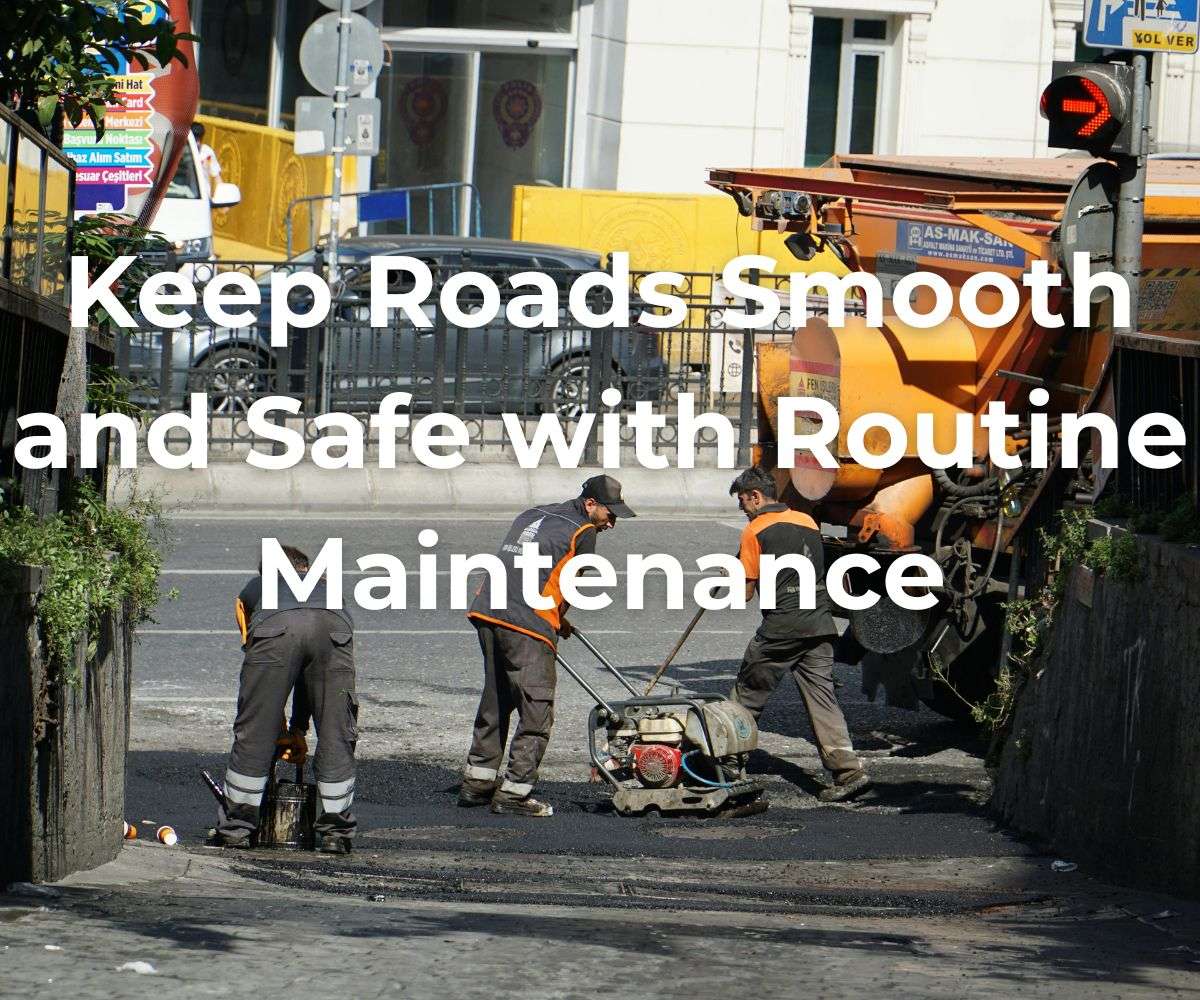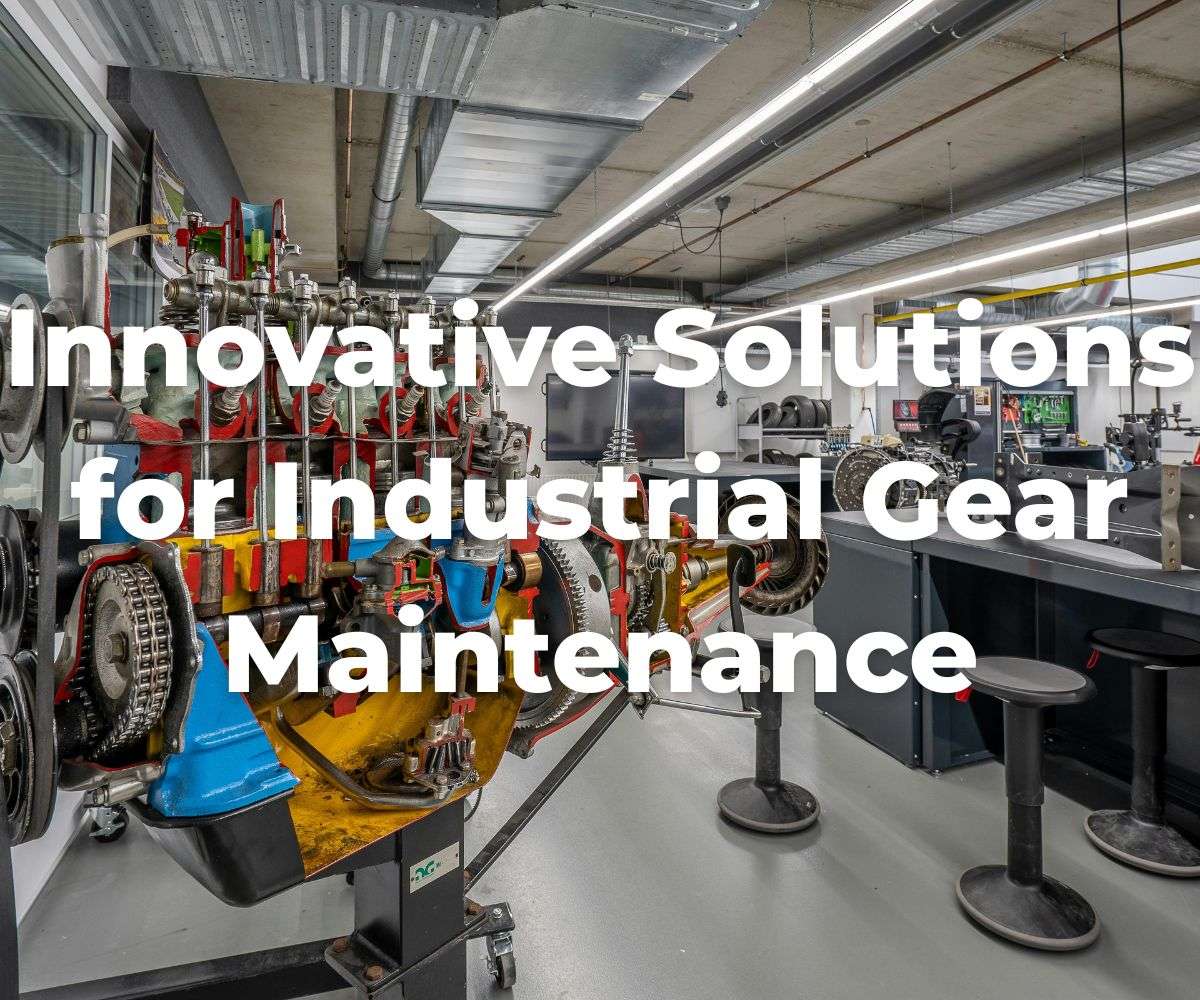diy plumbing repairs tips
Description
DIY Plumbing Repairs: Knowing Your Limits and When to Seek Professional Help
The allure of do-it-yourself (DIY) projects has captivated homeowners for decades, offering a sense of accomplishment and potentially saving money. When it comes to plumbing repairs, however, it's crucial to balance the desire to tackle issues independently with an awareness of your limits. While some plumbing tasks are well-suited for the average homeowner, others demand the expertise of a professional plumber. In this comprehensive guide, we'll explore various DIY plumbing repairs, discuss when to exercise caution, and highlight the signs that indicate it's time to seek professional help.
The DIY Appeal
Embracing DIY plumbing repairs can be a rewarding experience. It empowers homeowners to take charge of their living spaces, learn new skills, and save money on service charges. Simple tasks like fixing a leaky faucet, unclogging a drain, or replacing a worn-out washer are often well within the capabilities of the average person armed with essential tools and a willingness to learn.
Common DIY Plumbing Repairs
1. Fixing Leaky Faucets: Leaky faucets are a common household annoyance that can lead to wasted water and increased utility bills. In most cases, repairing a leaky faucet involves replacing a worn-out washer or O-ring. With the right tools and a bit of guidance, this is a task many homeowners can tackle successfully.
2. Unclogging Drains: A slow or clogged drain can be a frustrating issue, but it can often be addressed without professional help. Simple tools like a plunger or a drain snake can effectively clear minor blockages caused by hair, soap scum, or debris.
3. Replacing Toilet Parts: Toilets are made up of numerous parts that can wear out over time. Replacing a flapper, fill valve, or flush handle is typically simple and may be completed with the assistance of internet tutorials and necessary materials.
4. Fixing Running Toilets: A running toilet might be wasteful a lot of water. Many times, the problem is caused by a malfunctioning flapper or a problem with the fill valve. Identifying and replacing these components frequently resolves the issue.
5. Repairing Minor Pipe Leaks: Small leaks in exposed pipes can sometimes be repaired by applying a pipe clamp or epoxy. Identifying the source of the leak and taking prompt action can prevent further damage.
Knowing Your Limits
While there are many plumbing repairs suitable for DIY enthusiasts, it's essential to recognize your limits. Attempting tasks beyond your skill level can lead to costly mistakes, exacerbate existing issues, or pose safety hazards. Here are some scenarios where caution is advised:
1. Gas Line Repairs:
Any work involving gas lines should be left to licensed professionals. Gas leaks are hazardous, and attempting repairs without the necessary expertise can lead to severe consequences. If you think there may be a gas leak, leave the area right away and contact a gas company or a licensed plumber.
2. Major Pipe Repairs or Replacements:
Repairing or replacing significant plumbing sections, especially in hidden or inaccessible areas, requires specialized knowledge and tools. More than adequately performed repairs can result in water damage and structural issues. If you're dealing with a burst pipe or major leaks, it's best to call a professional plumber.
3. Sewer Line Issues:
Sewer line problems are complex and often require specialized equipment for inspection and repair. DIY attempts to address sewer line issues can lead to contaminated water, property damage, and legal complications. Always consult a professional plumber for sewer line problems.
4. Water Heater Repairs:
Water heaters involve electrical and plumbing components, making them potentially hazardous. Suppose you're experiencing issues with your water heater, such as leaks or a lack of hot water. In that case, it's advisable to consult a professional plumber to ensure a safe and effective resolution.
5. Complex Plumbing Installations:
Installing new plumbing fixtures, rerouting pipes, or undertaking significant renovations involving plumbing should be left to professionals. Incorrect installations can lead to water damage, leaks, and long-term issues that are costly.
Signs It's Time to Seek Professional Help
While DIY plumbing repairs can be satisfying, there are instances where it's crucial to enlist the help of a professional plumber. Recognizing the signs that indicate the need for professional intervention is critical to preventing further damage and ensuring the longevity of your plumbing system.
1. Persistent Leaks:
If a leak persists despite your DIY attempts, it's time to call a professional. Lingering leaks can cause water damage, mold growth, and structural issues. A plumber can examine the situation, determine the underlying cause, and suggest a long-term remedy.
2. Low Water Pressure:
Low water pressure may indicate a blockage or a more significant issue within your plumbing system. Professional plumbers have the knowledge and abilities to determine and address the source of low water pressure.
3. Foul Odors:
Unpleasant odors emanating from drains or sewage pipes suggest a potential problem in the sewer system. Professional plumbers can conduct thorough inspections, identify the source of the odor, and implement the necessary repairs.
4. Frozen Pipes:
Frozen pipes are a typical problem in colder climes, and they can cause substantial water damage and burst pipes. Attempting to thaw pipes with proper knowledge and precautions can improve the situation. Call a professional plumber to address frozen pipes safely.
5. Water Discoloration:
If your tap water is discolored, it could indicate corrosion, rust, or contaminants in the plumbing system. Professional plumbers can conduct water quality tests and address issues that compromise the safety and cleanliness of your water supply.
6. Noisy Pipes:
Unusual sounds, such as banging or rattling, from your pipes may indicate water hammer or loose components. Professional plumbers can assess the plumbing system, identify the noise source, and implement appropriate solutions.
Conclusion
In DIY plumbing repairs, a balance between enthusiasm and caution is paramount. While tackling minor issues can be both fulfilling and cost-effective, it's crucial to recognize the limits of your expertise and exercise caution when faced with complex or potentially hazardous situations. Knowing when to seek professional help is a mark of responsible homeownership, ensuring the safety, functionality, and longevity of your plumbing system. By combining DIY efforts with the expertise of professional plumbers, you can maintain a harmonious and efficient home plumbing environment.






















